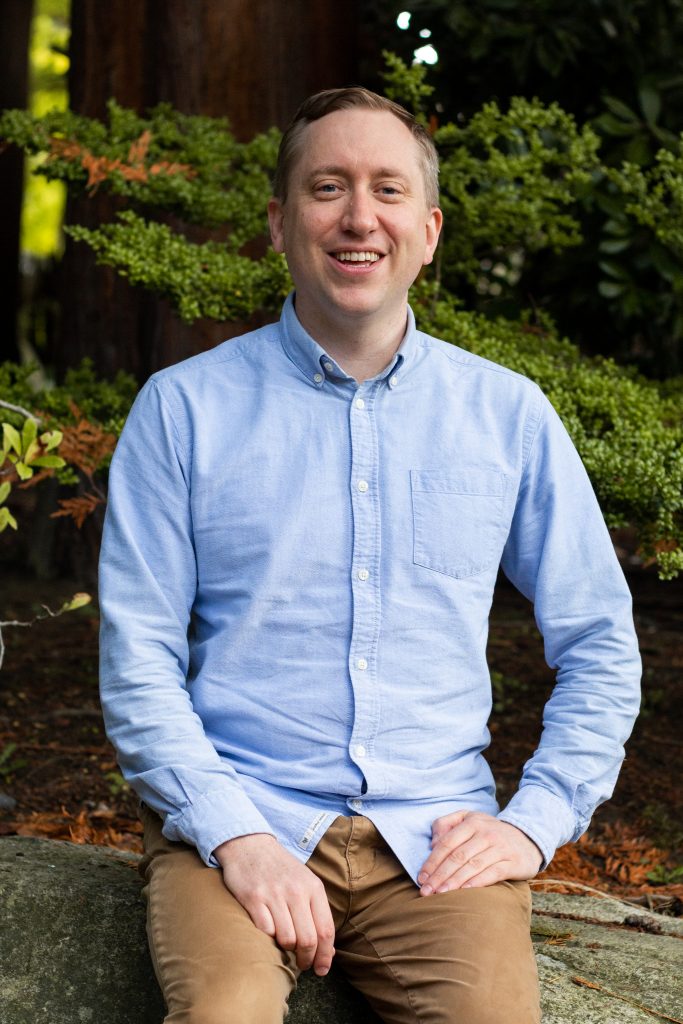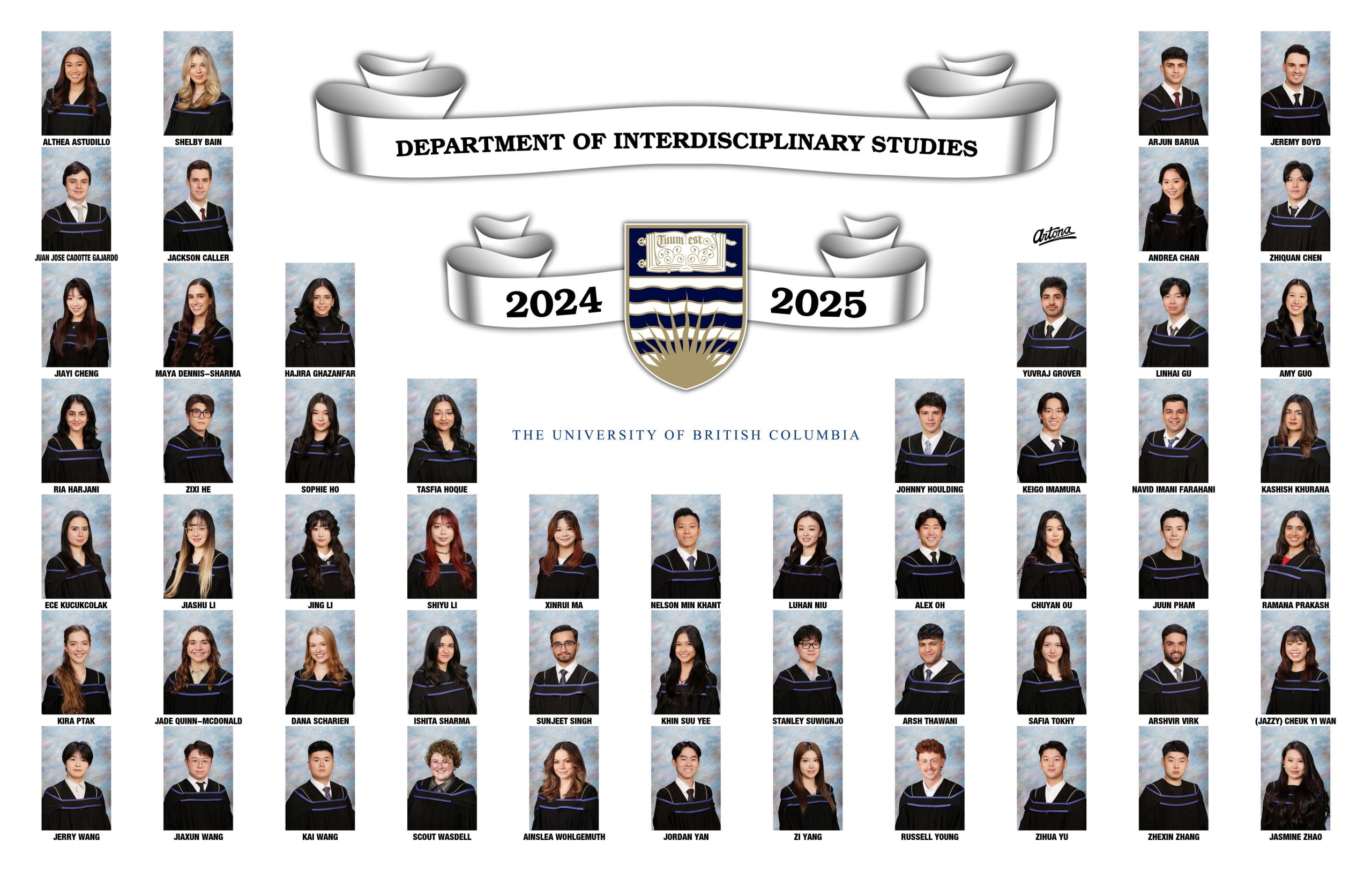

In part one of our interview with Dr. Clayton Ashton, Program Chair of the Interdisciplinary Studies (IDST) program, he shares insights into his background, including where he’s from and his extensive travels. Dr. Ashton also discusses his research interests and reflects on what ultimately inspired him to take on the role of program chair.
Can you tell us a little about yourself? When did you come to UBC? How long have you been a Program Chair for IDST?
I’m originally from Saskatchewan (for those who don’t know, this is a couple provinces east of British Columbia), and I also spent a number of years travelling and living in East Asia, mainly in China and South Korea, both before and during graduate school. These travels were formative experiences for me, mainly in terms of the incredible people I met, but also the amazing food I was able to eat (I think roughly half my brain is devoted to thinking about food at any given moment). I eventually came to UBC because of its extraordinary Department of Asian Studies, and I did my graduate studies here. So, I’ve actually been at UBC for a long time! Right after finishing my PhD in 2017, I took on the position of Lecturer in Chinese Though at the Department of Asian Studies. Then, in 2019 I also took on the position of Program Chair of IDST. I haven’t been able to travel in recent years, but luckily for me incredible people come from across Canada and around the globe to UBC to study. And Vancouver, of course, has no shortage of great food!
Can you tell us a little bit about your fascinating research/research interests?
To put it as generally as possible, my research is on Chinese philosophy and religion. This includes the three “big” traditions of China: Daoism (sometimes spelled Taoism), Confucianism, and Buddhism. More specifically, I have long been interested in interdisciplinary approaches to research and have attempted to put that into practice in my own work. I became especially fascinated with an emerging field of scholarship called Ritual Studies that combines a range of disciplines together, including anthropology, philosophy, religious studies, and psychology/cognitive science. I found that this field offered an entirely new perspective on the ways that people and cultures create their senses of identity and meaning. “Rituals” (a broad term that’s tricky to define) can sometimes be very small, seemingly insignificant parts of our activities and our lives, which is why they don’t often get a lot of attention; but they can also be powerful forces in our lives.
I believe a group of thinkers in early China came to a similar conclusion over two millennia before the formation of this field of contemporary scholarship, and one of my big areas of research has been in attempting to understand the ways that this insight formed the basis of one of the most enduring and influential cultural/philosophical systems in history: Confucianism. You can still see the influences (for better or for worse, depending on who you ask) of these early philosophical ideas in East Asia today – very likely including in your favourite K-Dramas. Because of this ongoing influence, it’s a compelling topic to discuss in the courses I teach, especially when students with personal experience growing up with or around Confucian traditions offer their usually very insightful thoughts and feelings on the topic.
What made you decide to be the Program Chair for IDST?
When the opportunity first presented itself, I have to admit I didn’t know much about the IDST program and this was actually part of the appeal. Here was this amazing and unique program, and yet it was not nearly as well-known as it should be. This was also exactly the kind of program I wish I had been able to pursue in my own undergraduate studies! Like many of the students in UBC’s IDST program, I had a number of different interests and struggled to find a traditional major that best suited my goals. I wanted the opportunity to help shape the future of this program and to learn more about the students who were pursuing this degree. It’s been a complicated job at times, but I’ve enjoyed every second of it.


